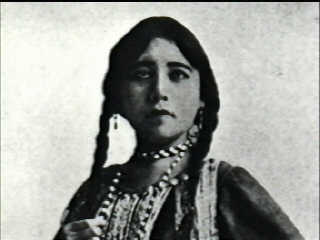In May 1955 I went to work for the city of New York, first as a social investigator for the Department of Welfare and later, in 1957, as a probation officer for teenage girls deemed in need of supervision by court order. We city employees were enrolled in an early health maintenance plan—the Health Insurance Plan, known as HIP. I was allowed to choose a primary-care physician from among the eight or nine doctors in my area. I picked a Dr. Soblen because his office was near my apartment on West Seventy-sixth Street.
The first few times I went to see him, Dr. Soblen struck me as rather grim and unfriendly, but he seemed capable. In his late fifties, he was of above-average height, had dark hair turning gray, and was interesting-looking in a saturnine way.
When I went to see him about a fever, he took my temperature, gave me a thorough examination, and, after looking into my mouth, said, “You had better see your dentist. You have some little sores on your gum.” He wanted to give me a penicillin injection, but I was afraid of needles and refused.

